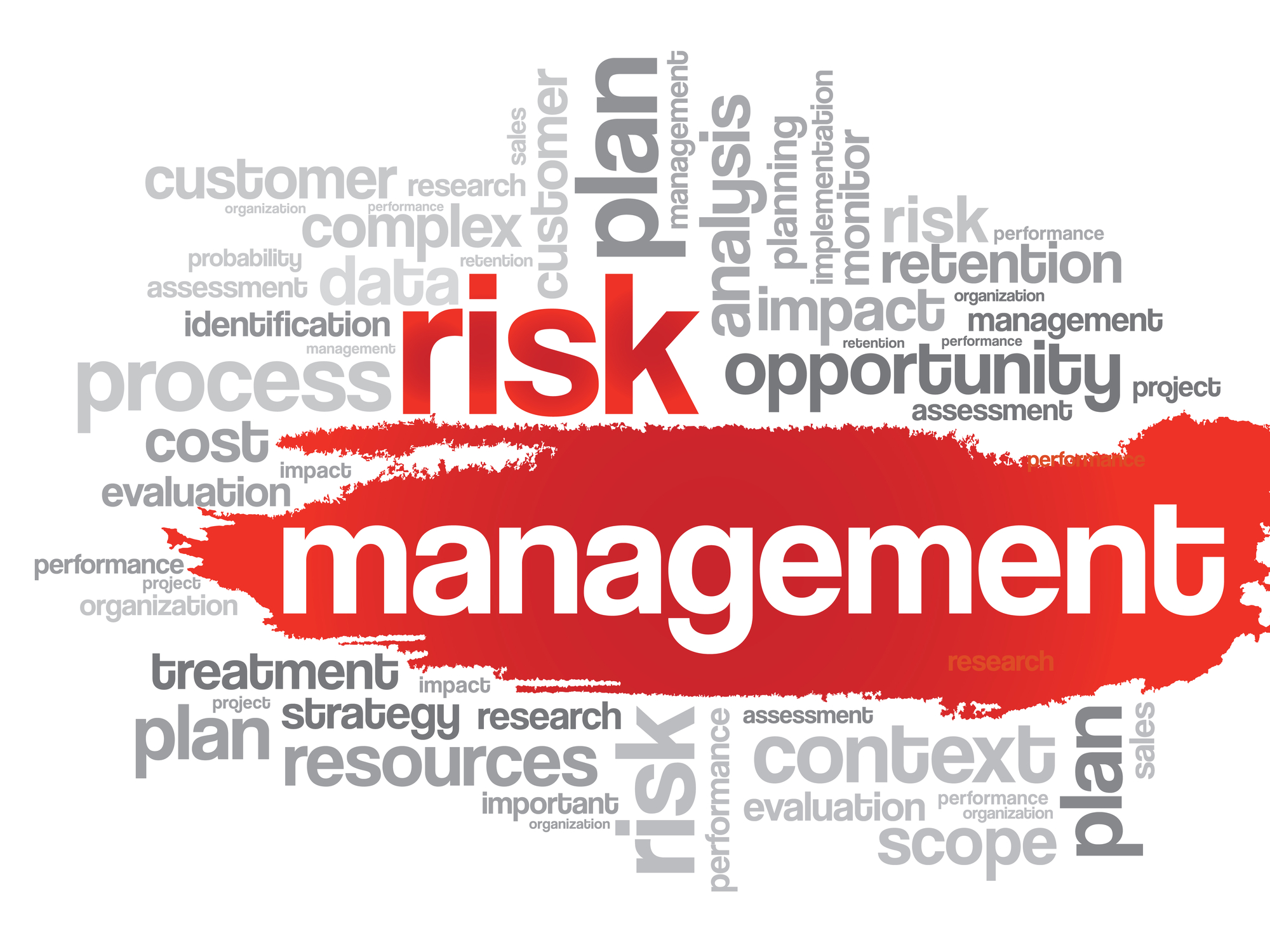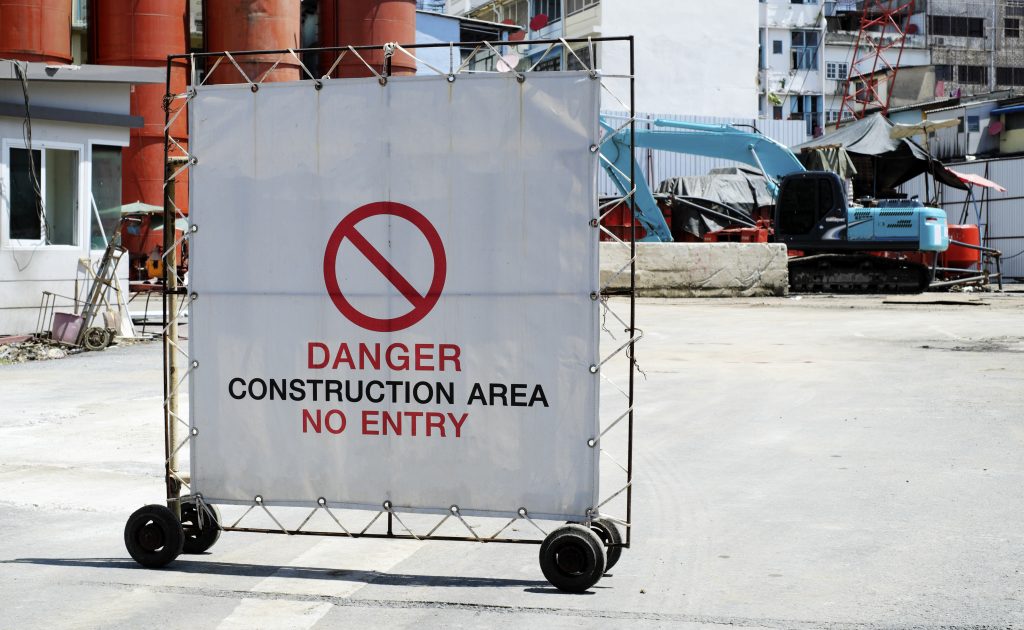
Trusted Training Partners


















Home / Uncategorized / Risk Assessment and Management Training
Quick Look Course Summary:Risk Assessment and Management Training
-

Next Public Course Date:
-

Length: 2 day(s)
-

Price (at your venue): 1 Person R 8,150.00 EX VAT 3 Person R 6,453.04 EX VAT 10 Person R 4,713.75 EX VAT
-

Certification Type: Non-Accredited
-

Locations & Venues: Off-site or in-house. We train in all major city centres throughout South Africa.

Get Free & personalised
Training Advice
Unmanaged Risk is a recipe for Business disaster.
Risk Assessment and Management Training: Course Introduction
Understanding, mitigating and managing risk is an essential part of business in our modern world. While It is not possible to control and manage 100% of risk, knowing exactly how to prepare for it – before, during, and after an event will mitigate any harm. Making risk management part of your day to day business is essential to sustainable growth and ultimate business success.
Safety should be the first priority as every business must face the reality of risks as well as hazards. By utilizing our Risk Assessment and Management Program your delegates will be aware of hazards as well as any “hidden” risks around their particular workplace. Identifying hazards by utilizing proper procedures provides your delegates the skills to prevent accident before they occurs. Limiting as well as removing potential dangers by utilizing Risk Assessment will be an incredible investment.
The purpose of risk assessment is to identify problems before they become hazards or risks. Enrol in a Risk Management Course (or Risk Management Training, Risk Management Courses South Africa, Risk Management Short Course or Risk Assessment Training)
Risk Assessment and Management Training: Course Outline
Welcome you to our Risk Assessment and Management workshop. we strongly advise participants of this workshop to attend the workshop on Safety In The Workplace. In this workshop the focus and objective will be on understanding hazards and risks and realizing where risks come from. If you have safety measures in place at your business – in writing, bring them along, we’ll show you how a risk plan is tailored to specific industries and we’ll give you the tools to update the safety measures at your company.
The second object of the workshop is to identify risk management techniques and outline a disaster recovery plan. A hazard is any source of harm to people or property. A risk is the chance of harm coming from a hazard. It is important to consult with employees during safety inspections and when introducing new plans or methods or equipment which may be a health hazard.
The purpose of risk assessment is to identify problems before they become hazards or risks.
When all is said and done, there are four ways to address risks in the workplace:
Reduce the risk.
This could include sprinkler systems with fire alarms or a security system.
Transfer the risk.
This is also called risk sharing and is often done in business relationships.
Avoid the risk.
This is not always possible and by avoiding the risk, the business avoids opportunities. Sometimes it is necessary to take the risk, the cost of the risk should be smaller than insuring or avoiding the risk. There is a hierarchy system when it comes to controlling risks. There are six basic types of control measures to limit or prevent risks.
Eliminate the risk.
This is the most favourable solution. Substitute, trade for a lesser risk. Isolate, limit access to the risk. Engineered controls, designs to prevent access to risks and hazards. Administrative controls, safe work practices and procedures. Protective equipment, personal protective equipment worn around hazards. Accident reports must be filled in by the supervisor and the employee, even if no medical help is needed. A doctor’s note must accompany the accident report. Every office building should have an emergency plan and an evacuation plan in place. We end off this workshop by discussing the benefits of having a Disaster Recovery Plan in place and we summarise risk assessment allowing you to answer the important questions, such as are our current control measures sufficient?
1. Introduction
Workshop objectives
2. Identifying risks and hazards
What is a hazard?
What is a risk?
Consult with employees
Likelihood scale
Case Study
3. Being proactive with problems (1)
Risks unique to your industry
Walk around
Short term and long term
Common issues
Case study
4. Being proactive with problems (2)
Ask questions
External events
Worst case scenarios
Consequence scale
Case study
5. Everybody’s responsibility
Report risks and hazards
Avoid unsafe conditions
Take appropriate precautions
Communicating to the whole business
Case Study
6. Tracking and updating control measures
Defining control measures
Business procedures
Deciding adequacy of control measures
Updating and maintaining risk measures
Case study
7. Risk Management techniques
Reduce the risk
Transfer the risk
Avoid the risk
Accept the risk
Case study
8. General office safety and reporting
Accident reports
Accident response plans
Emergency action plan
Training and education
Case study
9. Business impact analysis
Gathering information
Identify vulnerabilities
Analyse Information
Implement recommendations
Case study
10. Disaster recovery plan
Have a plan before you need one
Test, update and repeat
Hot, warm and cold sites
Keep documentation simple and clear
Case Study
11. Summary of risk assessment
Identifying hazards
Identifying who might be harmed
Examining current control measures
Changing control measures
Case study
12. Topics not discussed
Post workshop overview
Related Terms Include Risk Assessment Workshop, Enterprise Risk Management Courses, Risk Services, Financial Risk Management Courses, Risk Management And Compliance Courses, Enterprise Risk Management Courses South Africa, Risk Analysis Courses, Operational Risk Management Courses, Risk Workshop, Risk Assessment Training South Africa, Risk Management Courses Cape Town.
Risk Assessment and Management Course or Risk Management Course (or Risk Management Training, Risk Management Courses South Africa, Risk Management Short Course or Risk Assessment Training)
2 day/s
Risk Assessment and Management Course: Who should attend
Managerial course for senior management.
**Quote does not include Any Exam Fees (if applicable)
IMPORTANT ACTION: Do Not Wait To Improve Your Skills.
Book Now By Completing Online Booking Form / Customised Proposal or Obtain Approval For Your Already Received Customised Proposal
Don’t delay. Skill up at BOTi Today.
Enrol in a Risk Management Course (or Risk Management Training, Risk Management Courses South Africa, Risk Management Short Course or Risk Assessment Training)
Realize incredible savings by sending more delegates
Duration: 2 day(s)
Delegates: 1
Cost (incl):





